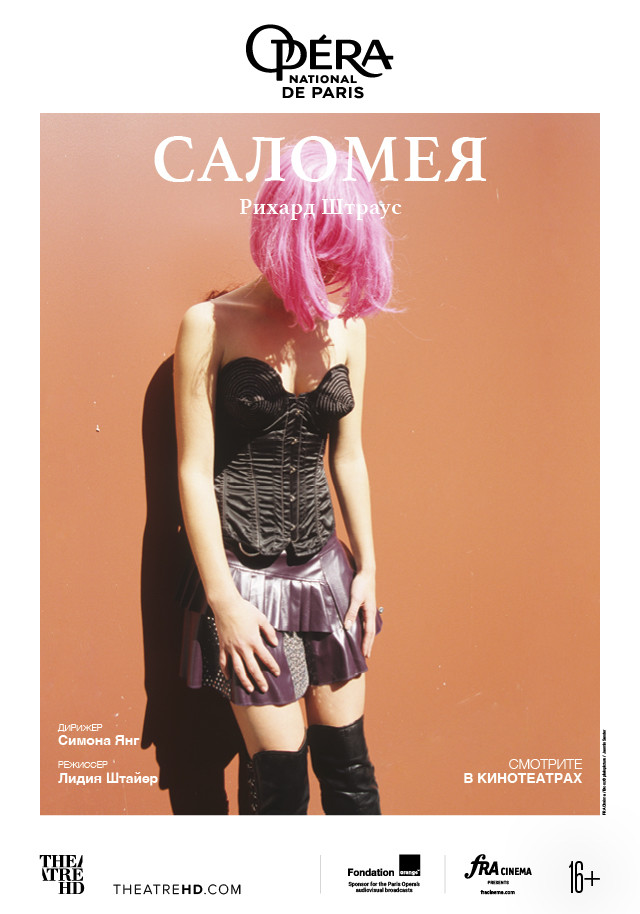King Herod’s stepdaughter, Salome, princess of Judea, finds palace life dreary. Her curiosity is roused when she hears the voice of Jochanaan, a prophet held prisoner by Herod who is afraid of him. Obsessed by this enigmatic and virtuous man, Salome is ready to do anything to possess him, dead or alive. Drawing on Oscar Wilde’s scandalous play of the same name, in 1905 Richard Strauss produced the work that was to ensure his status as Wagner’s successor in the history of German opera. “Dance for me, Salome”. From Herod’s lubricious injunction to the young woman stems one of the most emblematic orchestral passages in opera: the dance of the seven veils. A hypnotic interlude in itself sufficient to capture the fatal mounting desire that suffuses this work whose orchestration is as rich as it is modern. A dazzling hour and forty minutes, decadent in its very essence, which, for her debut at the Paris Opera, Lydia Steier conjures up the work’s decadent essential.

